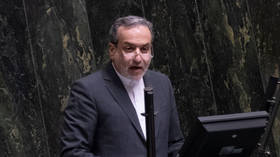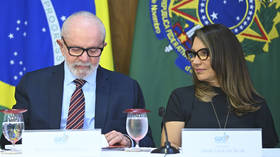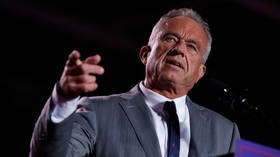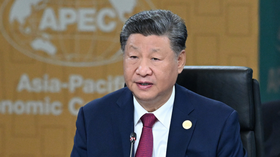Chicago pays $5 million to family of teen shot 16 times by police, but withholds video
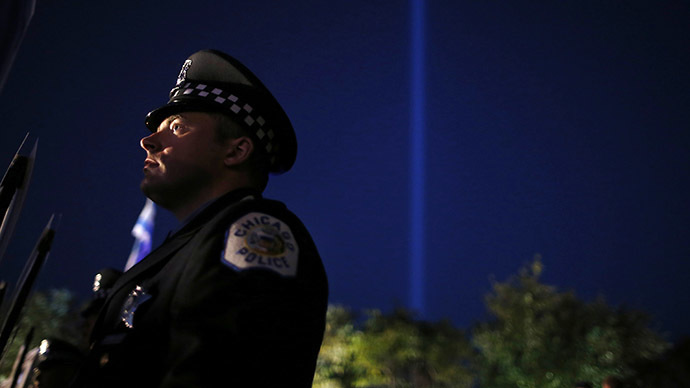
Aldermen approved a $5 million settlement to be granted to the family of a teen shot 16 times by Chicago police last October, but insisted on keeping the dashboard camera footage of the shooting away from the public.
The City Council voted 47-0 on Wednesday to pre-empt a federal lawsuit by paying the family of 17-year-old Laquan McDonald, shot by a Chicago police officer on October 20, 2014. Legal counsel for the city Stephen Patton told reporters that lawyers for the family initially sought $16 million.
According to Patton, dashboard camera recording of the shooting was crucial to the decision. However, the police has refused to release the footage to the public. Mayor Rahm Emanuel said that the Chicago PD and the FBI are withholding the video because it was “central to their investigation” of the shooting.
Chi police said #LaquanMcDonald had knife but City pays $5 million - bc there's video. Reminds me of #josephweberhttp://t.co/CjuinovZIn
— Peter Santina (@Peter_Santina) April 16, 2015
Police said that McDonald, 17, was armed with a knife and threatened the officers as they tried to arrest him for attempting to break into cars. Patton, the city lawyer, told reporters that McDonald had slashed the tires and struck the windshield of a police car that tried to block his path “to prevent him from encountering possible passers-by or other civilians.” In the police report, officers said McDonald “lunged” at them with a knife, and they felt threatened.
As neither of the officers tailing McDonald had a Taser, they asked for backup. One of the officers that answered the call ended up firing sixteen shots into McDonald. According to AP, the officer was assigned to desk duty and “stripped of his police powers,” but no criminal charges have been filed.
The police shooting video Chicago has paid $5 million for us not to see - Laquan McDonald was shot 1 http://t.co/QyUIxiwlyJ
— Kamal Shariff (@ka_shariff) April 16, 2015
City officials said in a statement that they were confident “this video will be released at the appropriate time when their investigation is complete.” However, as recent recordings from other police incidents around the country have spurred investigations, some are calling for the release of the video now.
Read More: Chicago police disproportionately target minorities with stop-and-frisk – ACLU
“The point of the cameras is to increase accountability and public confidence in law enforcement. That's all out the window if the cops control who sees the video,” the Chicago Tribune editorial board argued.
Alderman Danny Solis said making the video public could “fan the flames,” reported AP. However, his colleague Howard Brookins said the decision should not be driven by fear of protests or riots. “I need this to stop,” Brookins said, “if you don't show the video and this continues to happen then we're still heading down that path.”
Why did a Chicago cop shoot #LaquanMcDonald? - Chicago Tribune #fbhttp://t.co/dP7J8VnBu1
— J. Vernon Moore ✊ (@johnvmoore) April 16, 2015
Craig Futterman, a University of Chicago law professor, told the AP that releasing the video would help the Chicago police repair its reputation for excessive force among the African-American residents.
“Regaining the trust of the community, particularly the black community, starts with honesty and hiding a potential execution is the kind of thing that destroys trust,” Futterman said.



